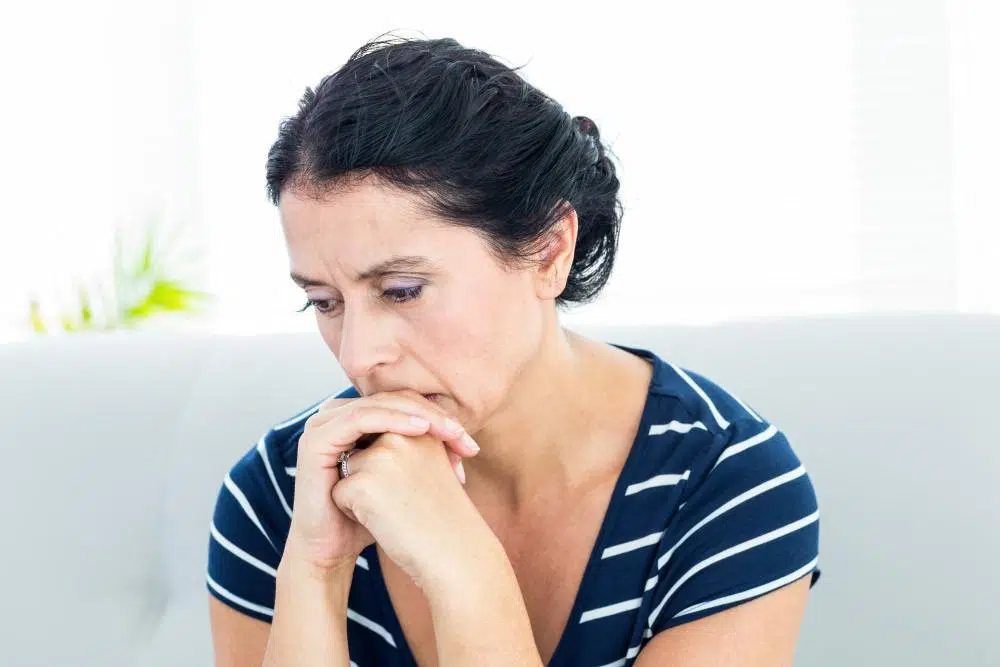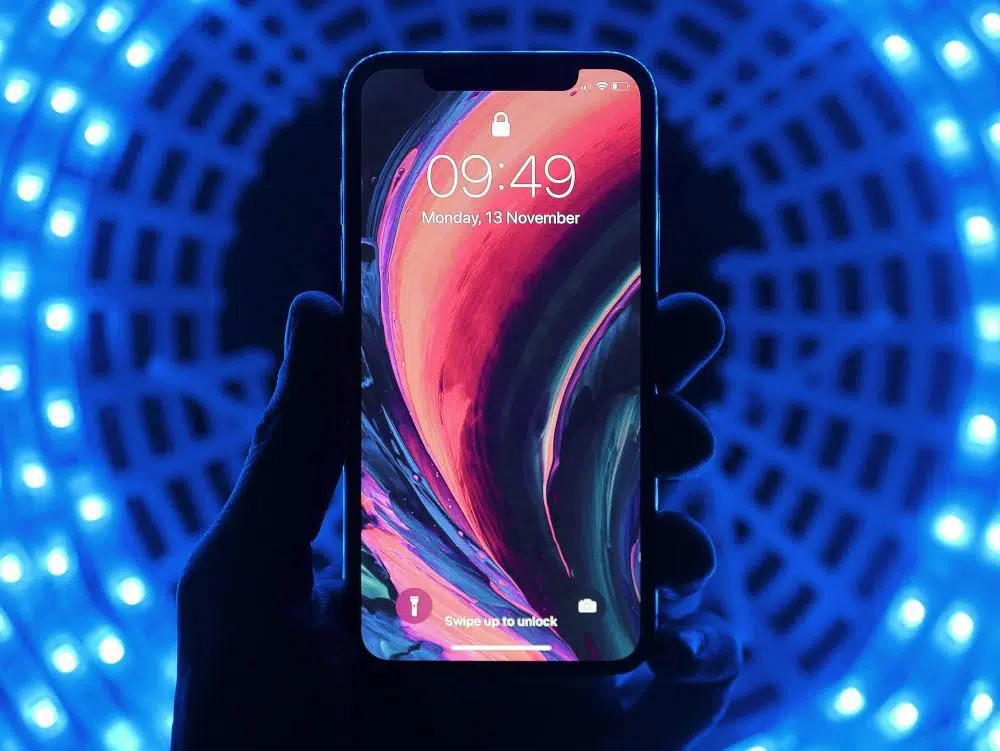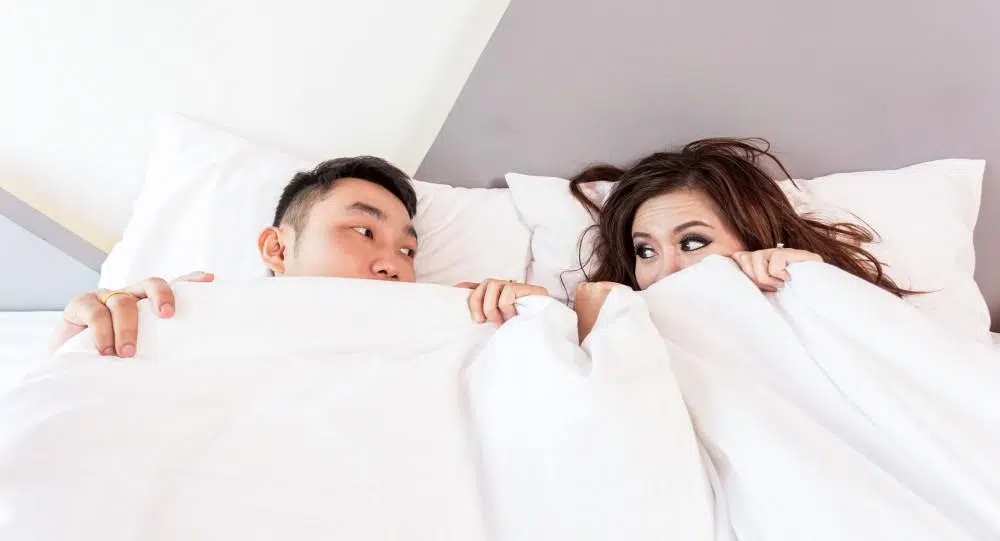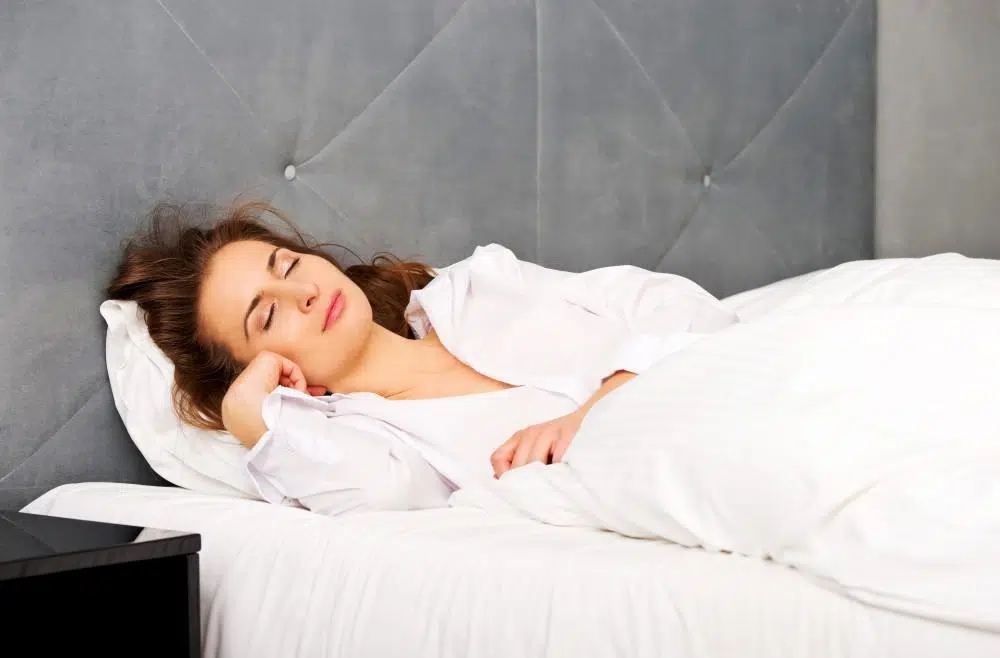Mental health insights

 Couples in Lockdown
Couples in Lockdown
Even if you’re madly in love with your partner, social isolating with them can be frustrating. Initially, it might seem fun to stay home and work in your pajamas. However, eventually reality sets in, and the limitations imposed by social distancing can get to you. Why does that happen, especially if you have a strong relationship? Do your frustrations mean that something is wrong with your relationship?
 Therapy Going Digital
Therapy Going Digital
While so much focus has been put on our physical health lately, it’s even more critical we don’t put our mental health on the backburner. The current limitations of social isolating are not ideal for many therapy seekers, however, it should not be an excuse to push mental health to the side. Below is a list of ways people can still utilize therapy from the home and the benefits of each.
 11 Activities that Help Promote Mental Wellbeing During COVID-19
11 Activities that Help Promote Mental Wellbeing During COVID-19
With the recent outbreak of COVID-19 across the world, for many of us, life looks very different. Here in NYC, all public schools are closed, the subways are as empty as they have ever been, restaurants are take-out only, and many of us are doing our civic duty by staying inside. With all of the uncertainty surrounding this global pandemic, it is enough to make even the most zen among us worry or feel down.
 Couples Who Communicate Well Can Find Happiness — Couples Counseling Can Get You There
Couples Who Communicate Well Can Find Happiness — Couples Counseling Can Get You There
Maintaining a healthy, happy relationship involves good communication, but sometimes couples can struggle to be both heard and understood.
 Mental Health in the LGBTQ+ Community
Mental Health in the LGBTQ+ Community
Dealing with everything from discrimination to violence, members of the LGBTQ+ community tend to experience higher rates of suicide than the general population.
 How Gaslighting Can Burn Down a Relationship
How Gaslighting Can Burn Down a Relationship
When compared to other forms of abuse, gaslighting is one of the most difficult to recognize and prove. Unlike physical abuse, gaslighting leaves no external mark and may cause the victim to believe they are going crazy. The lasting effects of emotional trauma caused by gaslighting can last a lifetime.
 How Exercise Affects Mental Health
How Exercise Affects Mental Health
When someone exercises the brain is stimulated into releasing chemicals into the bloodstream that improve mood. These feel-good chemicals are known as endorphins. They relax the body and improve self-esteem and mood.
 The Importance of Self-Confidence
The Importance of Self-Confidence
Self-confidence is a vital part of maintaining your physical, emotional, and spiritual wellness. However, there are many factors that can interfere with your ability to recognize your self-worth.
 Is Fear of Flying Keeping You Grounded? We Can Help
Is Fear of Flying Keeping You Grounded? We Can Help
Fear of flying, or aviophobia, is estimated to affect up to 40% of the population at some level or another. Some people only have mild generalized anxiety around the idea of getting on a plane and surrendering control, while others have a clinical phobia that renders them almost completely incapable of even entertaining the idea of flight. If you find that your fears are keeping you from living your best life, it might be time to look into therapy.
 Why Women are More Prone to Depression and Anxiety and What You Can Do About It
Why Women are More Prone to Depression and Anxiety and What You Can Do About It
When it comes to mental health issues, namely major depressive disorder and generalized anxiety disorder, women outpace men by approximately two to one. The reasons behind this gender gap stem from many influences, including hormonal, emotional, and societal differences.
 Living With OCD
Living With OCD
Obsessive compulsive disorder (OCD) is very common. According to the American Psychiatric Association, more than two million people are diagnosed with a form of OCD every year. The condition is characterized by obsessive thoughts and behaviors that are all-consuming and disrupt a person’s quality of life.
 Blue Light and Sleep
Blue Light and Sleep
In this day and age, many of us are familiar with the concept of blue light, and that exposure to blue light can negatively impact our sleep.
 When Adult ADHD Goes Undiagnosed and Untreated
When Adult ADHD Goes Undiagnosed and Untreated
While many children with ADHD are diagnosed and treated with medication and/or behavioral therapies, many adults have never benefited from diagnosis and treatment. If this applies to you, you might feel lost, misunderstood, and have poor self-esteem. It’s not your fault, and there is a path forward for adults with ADHD.
 Just Do It
Just Do It
When partners stop being physically intimate, the tone of the relationship begins to shift. There frequently is a misconception that lack of sex is a consequence of emotional wounds and relational concerns that accrued over a period of time. However, this perspective may very well be prolonging experienced unhappiness and emotional dissonance between partners.
 How Sleep Affects Overall Functioning
How Sleep Affects Overall Functioning
We’ve all been there. Waking up after a poor night’s sleep and having to go through the motions of a normal day. It happens to the best of us and it can make our weeks a lot more difficult than they already are. As much as we feel the short-term effects, we often do not think much of the long-term effects of not getting enough sleep.
 How Diet Affects Mental Health
How Diet Affects Mental Health
Eating a balanced diet rich in vegetables and nutrients may be associated with better overall mental health and feelings of wellbeing.
